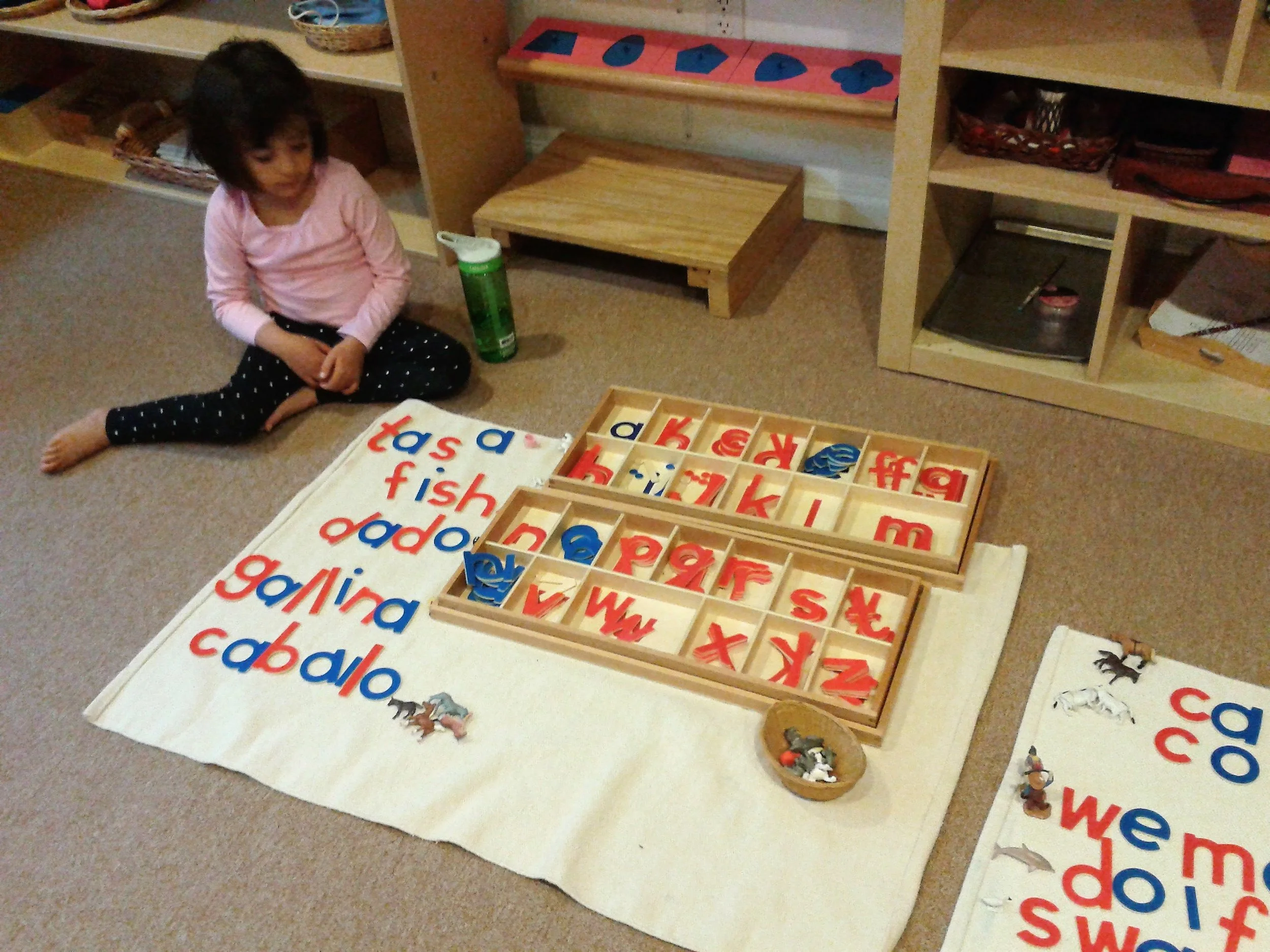Revolutionizing Education: Exploring Montessori Teaching Techniques
Montessori Teaching Techniques, pioneered by Maria Montessori, have become synonymous with innovative and child-centric education. This approach, rooted in the belief that children are naturally eager learners, embraces a unique set of principles and practices that foster independence, creativity, and a love for learning.
Child-Centric Learning: A Fundamental Philosophy
At the core of Montessori Teaching Techniques is the concept of child-centric learning. The approach recognizes the individuality of each child, emphasizing that learning is not a uniform process but a personalized journey. Montessori educators observe and understand each child’s unique needs, tailoring their teaching methods accordingly to unlock the child’s full potential.
Multi-Age Classrooms: Fostering Collaboration and Mentorship
Montessori classrooms often feature multi-age groupings, allowing children of different ages to interact and learn together. This intentional design fosters collaboration and mentorship. Older children become role models, helping younger ones, while younger children are inspired and challenged by their more experienced peers. This dynamic social environment enhances both academic and social-emotional development.
Freedom within Limits: Nurturing Independence
A distinctive aspect of Montessori Teaching Techniques is the concept of “freedom within limits.” While children are given the freedom to choose their activities and explore their interests, there are clear boundaries that provide structure and guidance. This balance empowers children to make choices, fostering independence and responsibility within a supportive framework.
Montessori Materials: Tools for Hands-On Learning
Montessori classrooms are equipped with a diverse array of specialized learning materials. These materials are designed to be self-correcting, allowing children to learn through hands-on exploration and discovery. From sensorial activities to mathematical manipulatives, each material serves a specific educational purpose, promoting engagement and understanding.
Individualized Work Plans: Tailoring Education to Each Child
Montessori educators create individualized work plans for each child based on their developmental stage and interests. These plans outline a personalized learning path, ensuring that each child progresses at their own pace. This approach accommodates diverse learning styles and strengths, allowing children to thrive in areas where they excel and receive support in areas where they may need additional guidance.
Observation and Guidance: A Responsive Teaching Approach
Montessori Teaching Techniques prioritize the role of the teacher as an observer and guide. Educators closely observe each child’s progress, understanding their strengths, challenges, and interests. This responsive approach allows teachers to provide timely support, introduce new materials when appropriate, and guide children through their learning journey with insight and sensitivity.
Integrated Curriculum: Breaking Down Subject Barriers
Unlike traditional education models that compartmentalize subjects, Montessori Teaching Techniques embrace an integrated curriculum. Subjects are interconnected, reflecting the holistic nature of knowledge. For example, a study of geography might involve not just memorizing maps but also exploring cultural aspects, history, and even mathematics related to the region.
Outdoor Education: Connecting with Nature
Montessori Teaching Techniques often incorporate outdoor education, recognizing the benefits of connecting with nature. Outdoor spaces become extensions of the classroom, providing opportunities for exploration, physical activity, and a deeper understanding of the natural world. This holistic approach contributes to the overall well-being and development of the child.
Linking Theory to Practice: Explore Montessori Teaching Techniques
To truly understand the transformative impact of Montessori Teaching Techniques, one must witness these principles in action. This link between theory and practice provides valuable insights into how Montessori classrooms create an environment where children not only acquire knowledge but also develop a lifelong love for learning and a sense of responsibility and independence.
Conclusion: Shaping Lifelong Learners
In conclusion, Montessori Teaching Techniques stand as a beacon of innovation in education. By placing the child at the center, fostering collaboration, embracing freedom within limits, and providing a rich learning environment, Montessori education shapes lifelong learners. Explore the enriching world of Montessori Teaching Techniques to witness how this approach continues to revolutionize education and cultivate a passion for learning in young minds.





